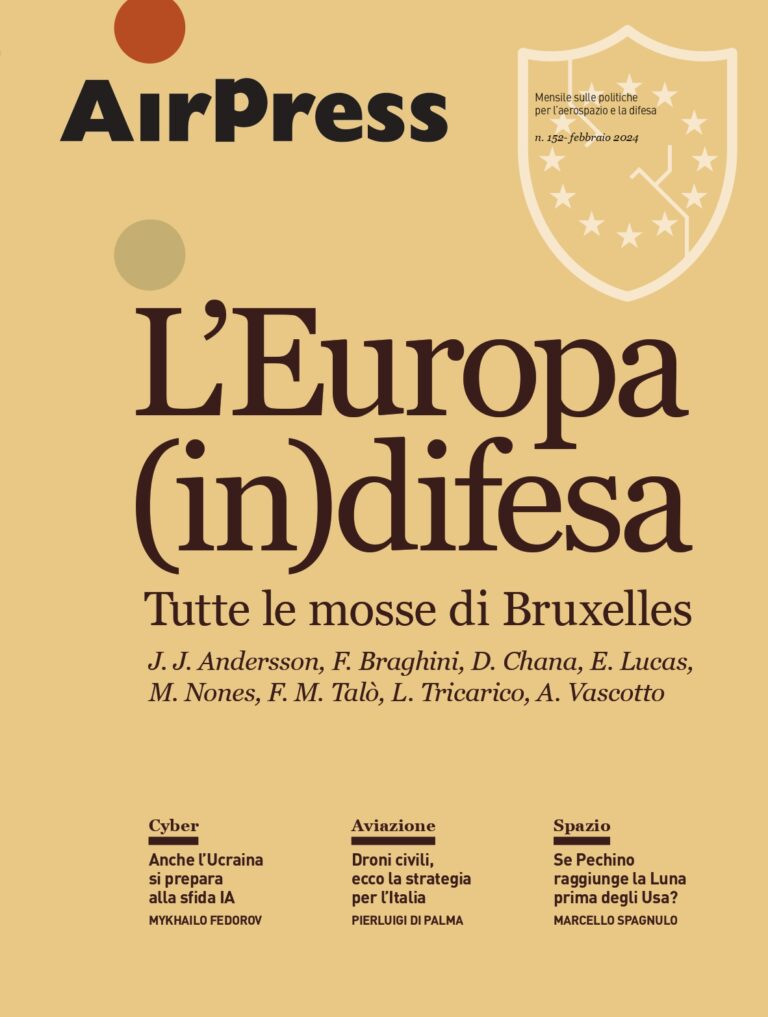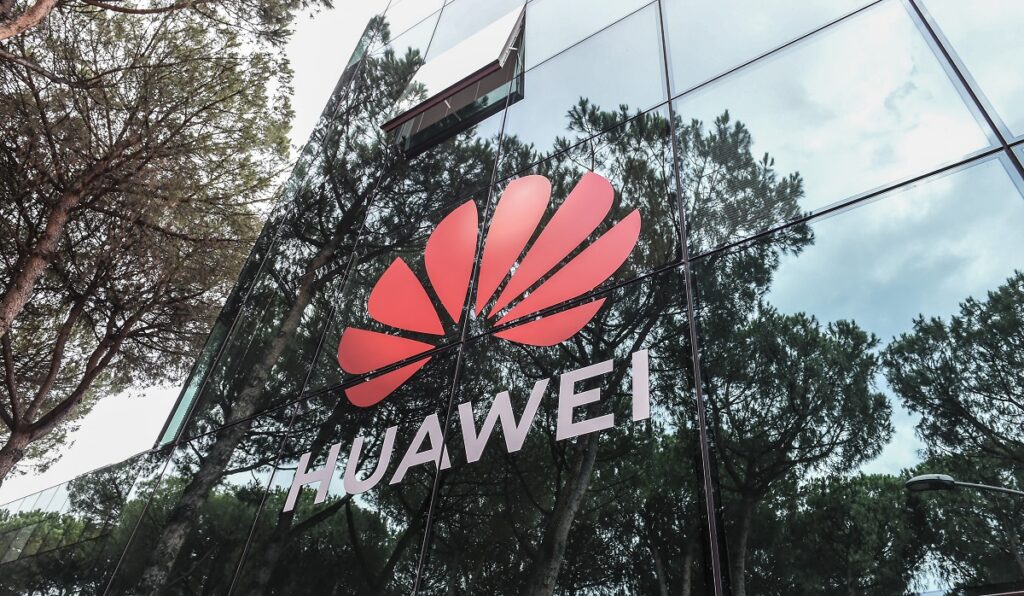Last week, two reports disclosed the UK’s intention to ban Huawei’s infrastructure from the nation’s budding 5G network, despite having given the Chinese tech firm permission to build part of it in January.
The move, backed by prime minister Boris Johnson, speaks volumes about London’s choice to bow to pressure from American President Donald Trump, who has been urging his NATO allies to break with Huawei over security concerns.
Paris, too, jumped on the anti-Huawei bandwagon just yesterday, albeit to a lesser extent – France will discourage future supplies of Chinese tech without banning it altogether.
The US has been accusing China of posing a danger to other countries’ national security, as tech firms such as Huawei and ZTE may be obliged to share telecoms data with their government. Beijing has always rejected such accusations, calling them baseless.
As allies increasingly take a stance on whether to allow Chinese tech in next-gen telecom antennas, Italy appears still undecided – which doesn’t mean it’s plainly ignoring the issue: COPASIR, Rome’s parliamentary security commission, produced a report last December detailing the risk of foreign interference associated with the installation of Chinese tech.
Split between Italy’s strengthening economic ties with China and the constant pressure from the other side of the Atlantic, Giuseppe Conte’s government is hesitating, seemingly trying to have its cake and eat it too – that is, attempting to appease the US while still allowing Huawei and ZTE full market access.
Foreign minister Luigi Di Maio sought to reassure US secretary of State Mike Pompeo by explaining the new series of cybersecurity laws approved last year. He noted how Italy had extended its golden power over 5G-related matters, meaning that the State may intervene to curb the use of tech it deems dangerous even after private entities have started using it.
Mr. Di Maio also highlighted the so-called “cybernetic perimeter”, a security protocol that’s being set up to shield the Italian cybersphere from foreign intervention. However, the latter is not a reality yet – it is rather still in the process of deciding who the dangerous entities to blacklist may be, and which security procedures to adopt.
On top of international woes, the two parties forming a coalition government – the Five Star Movement and the Democratic Party – have expressed opposing views on Chinese 5G tech. The first has been supportive of stronger economic ties with China in the past, while the second generally aligns with Italy’s Atlanticist allies.
Five Star’s minister for economic development Stefano Patuanelli minimised the COPASIR report, declaring that the new cybersecurity laws would suffice in safeguarding the citizens. On the other hand, Lorenzo Guerini, the Democratic Party’s minister of defence, has stressed that the report “cannot be ignored” and the matter must be dealt with “with even more determination, because it pertains national security.” Mr. Guerini also noted how this discussion is transversal to all NATO members.
The leader of the opposition Matteo Salvini has been critical of Five Star’s dealing with China. Following Mr. Patuanelli’s remarks on the COPASIR report, he said: “Either they don’t understand, or they are paid not to understand.” Other major opposition parties are also averse to Chinese tech in Italian infrastructures.







